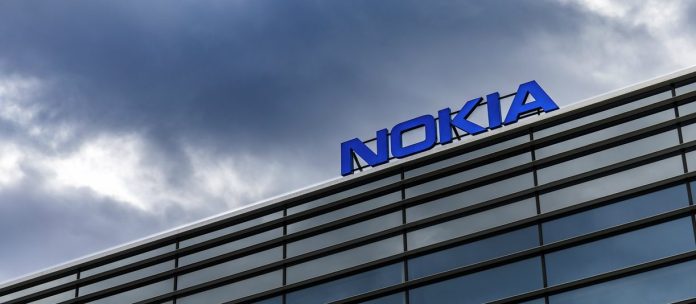Nokia signed “nearly” 40 new customers for private LTE networks in the three months to the end of 2019, it said. It grew its private LTE client base by around 50 per cent in the period. Nokia now has contracts for private LTE networks with 130 customers in total, it said.
The Finnish vendor drew attention to recent deals with Germany-based train operator Deutsche Bahn for a 5G-based network for automated rail operations, and with Sendai City in Japan for private wireless connected drones.
It said both were technology ‘firsts’. The Deutsche Bahn contract, announed in December, is a key milestone for the new Future Railway Mobile Communications System (FRMCS) standard, based on 5G, positioned as the successor to the current GSM-R standard.
The drone deal with Sendai City, announced in November, is geared towards tsunami evacuation alerts. The Finnish vendor worked with Sendai City in the centre of Tohoku Region, northeast of Tokyo on Honshu Island, to look at usage of drones using private LTE in disaster scenarios.
Nokia has groups private LTE with its enterprise and webscale business sales, a “pillar” in the company’s growth strategy. It has signed with Microsoft, also in November, to bundle private LTE and IoT for operators and enterprises. UK based BT has already signed to resell the package, offered as a managed service.
Nokia revealed the new contracts in the fourth quarter as parts of its latest results. Rajeev Suri, president and chief at Nokia, commented: “We saw good progress in our strategic focus areas of enterprise and software. Nokia Enterprise delivered exceedingly well on its target of double-digit sales growth, considerably outpacing the market.”
Nokia also signed 15 commercial 5G contracts in the period, including launches with O2 in the UK, Zain in Saudi Arabia, Sprint in the US (in various cities), and Vodafone in New Zealand, among others. It claims 66 commercial 5G deals and 19 live networks, and over 100 5G agreements.
Earnings for the quarter rose to €0.15 per share from €0.13 euros per share a year ago. Net sales in the period were €6.9 billion, about flat compared to a year ago. Its performance was steadied, it said, by “particularly strong growth” with enterprise customers, driven by increased demand for mission-critical networking solutions. Net sales were €23.3 billion for the year, compared to €22.6 billion in 2018.
Topline performance was solid, it said, with growth at three per cent, excluding China, where “competitive intensity” and “prudent… deal-making” had a negative impact on network sales.
Suri commented: “We have faced challenges in mobile access and in cash generation. We will have a sharp focus on these two areas over the course of 2020, which we believe to be a year of progressive improvement as the actions we have underway start to deliver results.”

